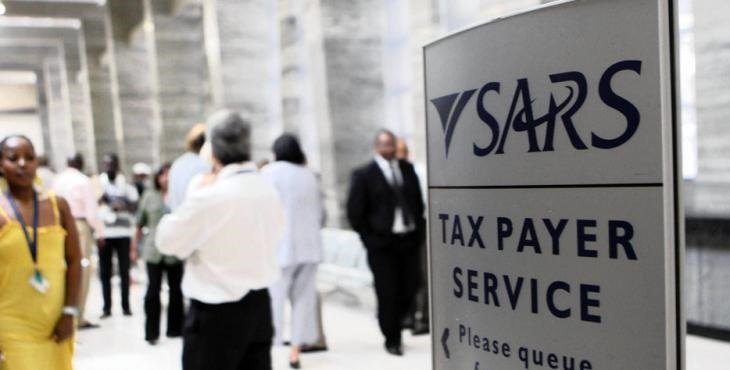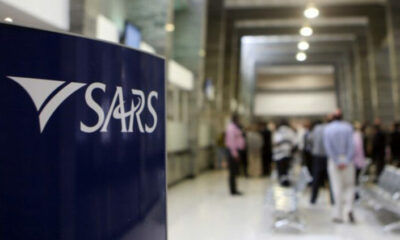News
SARS Ends Remote Work: Taxpayers Welcome Return to Full In-Branch Service

SARS Pulls the Plug on Remote Work
After nearly five years of balancing between digital and in-person operations, the South African Revenue Service (SARS) is officially saying goodbye to remote work. From 1 January 2026, all employees will be required to return to the office full-time, a move hailed by many taxpayers and industry experts as long overdue.
Commissioner Edward Kieswetter confirmed the change, saying the decision was driven by the need to restore efficient, face-to-face service. The move follows growing complaints about delays, miscommunication, and poor service delivery under the hybrid and remote systems introduced during the pandemic.
For many taxpayers, this marks the end of a frustrating chapter.
‘Bring Back the Counter’: Taxpayers Rejoice
Independent tax specialist Sesethu Cekeshe said SARS’s decision reflects the reality that not all taxpayer issues can be solved remotely. “Taxpayers have the right to choose their preferred channel for SARS services, including branch visits,” she explained.
While online bookings help manage queues, Cekeshe warned that being turned away for not having an appointment violates taxpayers’ rights. “Access to branch services is a fundamental right. The digital tools are useful, but they should complement, not replace in-person assistance,” she said.
She noted that remote coordination slowed down response times, especially for client-facing services such as filing disputes, processing refunds, or resolving debt queries. “From an operational standpoint, these staff members should always be in the office,” Cekeshe added.
Pandemic-Era Fix, Post-Pandemic Problem
When South Africa went into lockdown in 2020, SARS, like many institutions, pivoted quickly to remote work to keep operations running. While the system allowed for continuity, it also exposed major weaknesses in service delivery.
Long queues moved online, but the frustrations didn’t disappear, they just changed form. Instead of waiting at a branch, taxpayers were left chasing unanswered emails, dropped calls, and booking portals that often looped them in circles.
Voices from the Ground
One frustrated taxpayer from East London shared how the remote system made his life harder.
“I used to think SARS was one of the most efficient departments in government,” he said. “Before remote work, you could walk in, sort out your issue, and be done within an hour.”
That changed after 2020. The taxpayer explained that a payment plan he had arranged in 2023 fell apart when communication broke down between SARS offices. “I was trying to pay my debt, but every time I booked an online appointment, it just got worse. My debt increased by more than R10 000 because no one followed up,” he said.
He added, “The online system is bad. If that official had given me feedback, I would’ve finished paying by now.”
Experts Urge Accountability and Balance
Tax experts agree that while digitisation is essential for a modern revenue service, it must not come at the expense of accessibility. Cekeshe advised taxpayers facing unresolved issues to use official complaint channels and escalate cases to the Tax Ombud if there’s no response within 21 days.
“The Tax Ombud plays a crucial role in holding SARS accountable and ensuring taxpayer rights are protected,” she said.
A Reset for Service Delivery
For Kieswetter, restoring in-branch services is about more than just logistics it’s about rebuilding public trust. Many South Africans view SARS as one of the more competent state institutions, and maintaining that reputation depends on efficient, human-centred service.
While remote work had its benefits, even SARS insiders have admitted that “certain processes were slower due to remote coordination.” Bringing staff back into branches could streamline operations, reduce backlog, and help restore the tax agency’s once-proud reputation for responsiveness.
As one tax consultant put it on social media:
“Remote work made sense during lockdown, not for a service that depends on face-to-face accountability. Welcome back, SARS.”
From January, taxpayers can expect more staff at their local SARS offices and hopefully, shorter waiting times and fewer online runarounds. The challenge now lies in whether SARS can merge the best of both worlds: digital efficiency and human connection.
For South Africa’s taxpayers, the return to the counter might finally mean a return to service that works.
{Source: The Citizen}
Follow Joburg ETC on Facebook, Twitter , TikTok and Instagram
For more News in Johannesburg, visit joburgetc.com



























